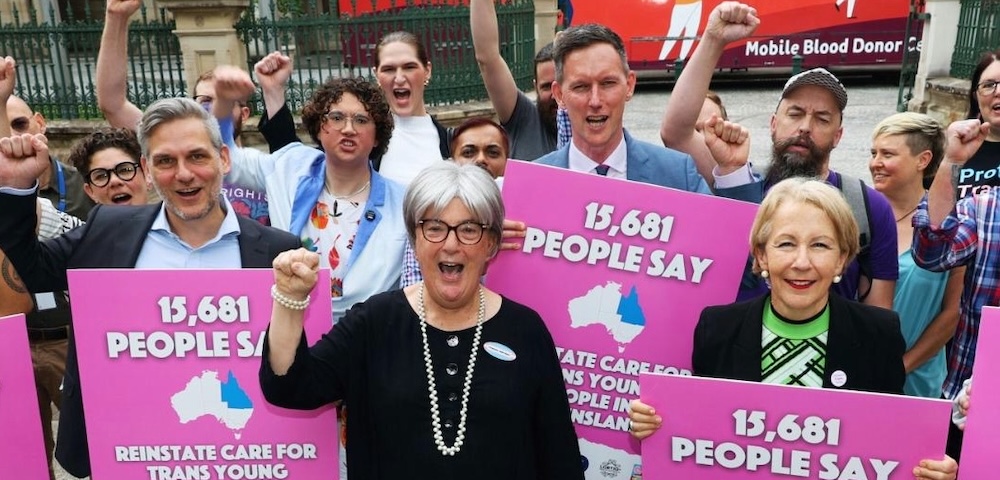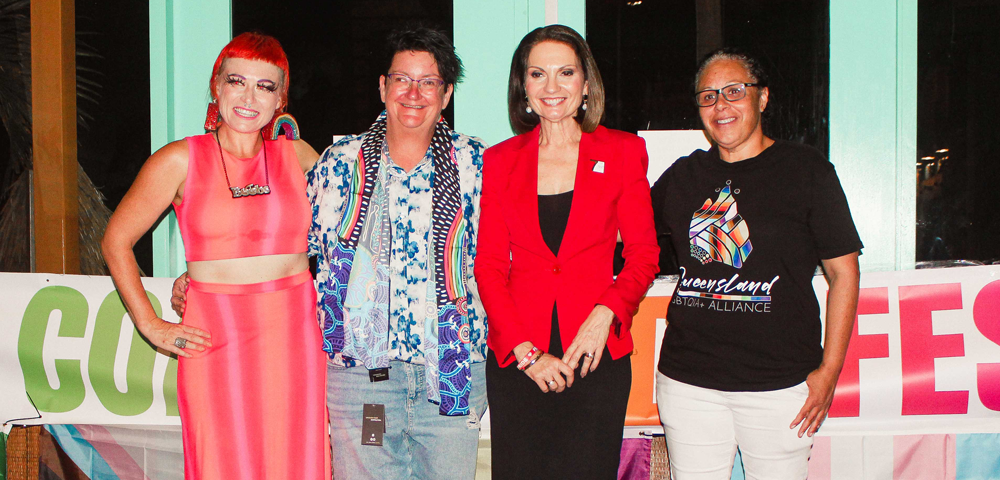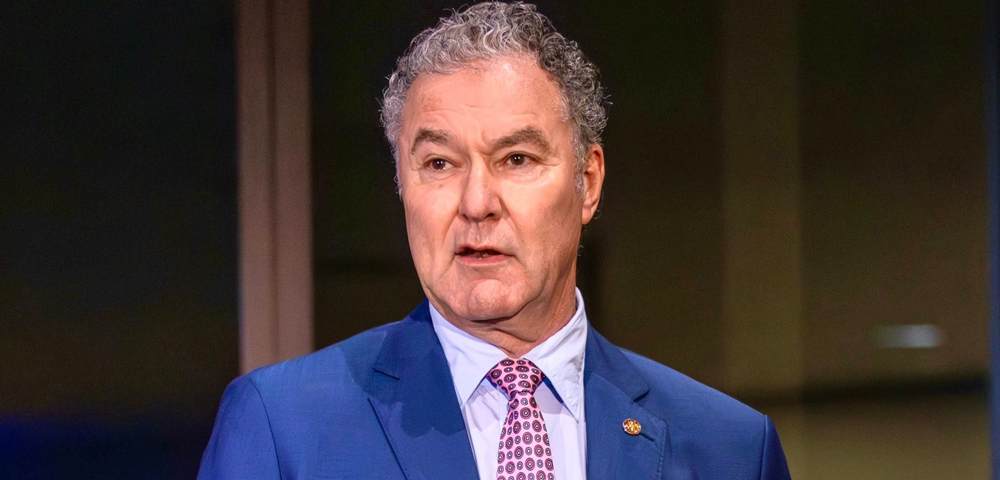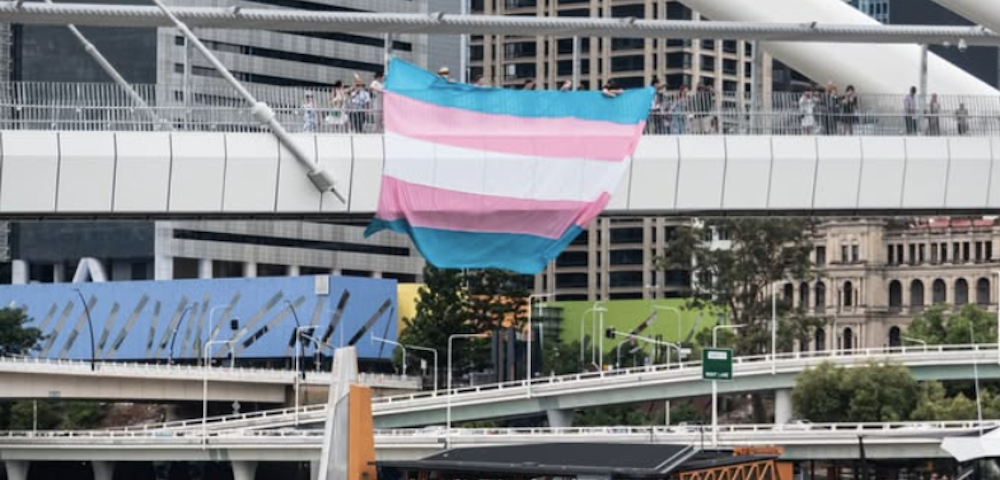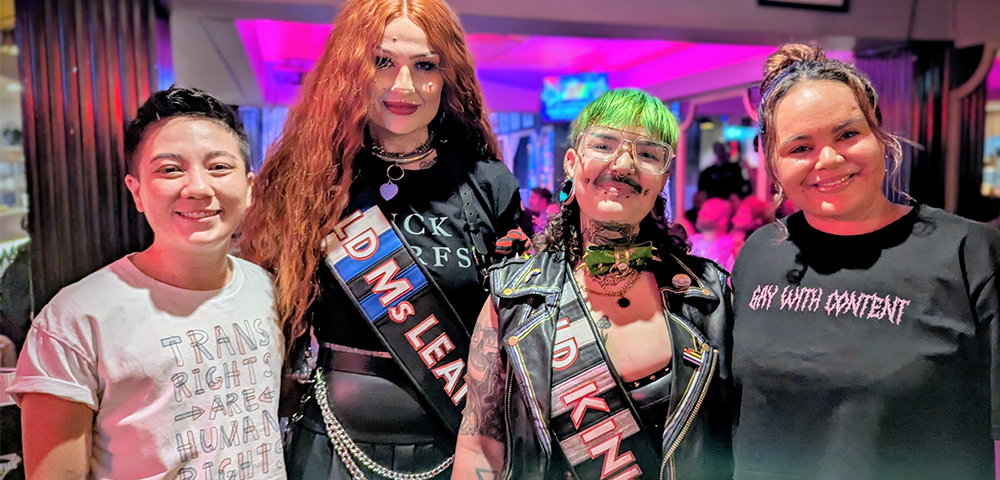
Queensland Positive People launches Life+, a new peer navigation program
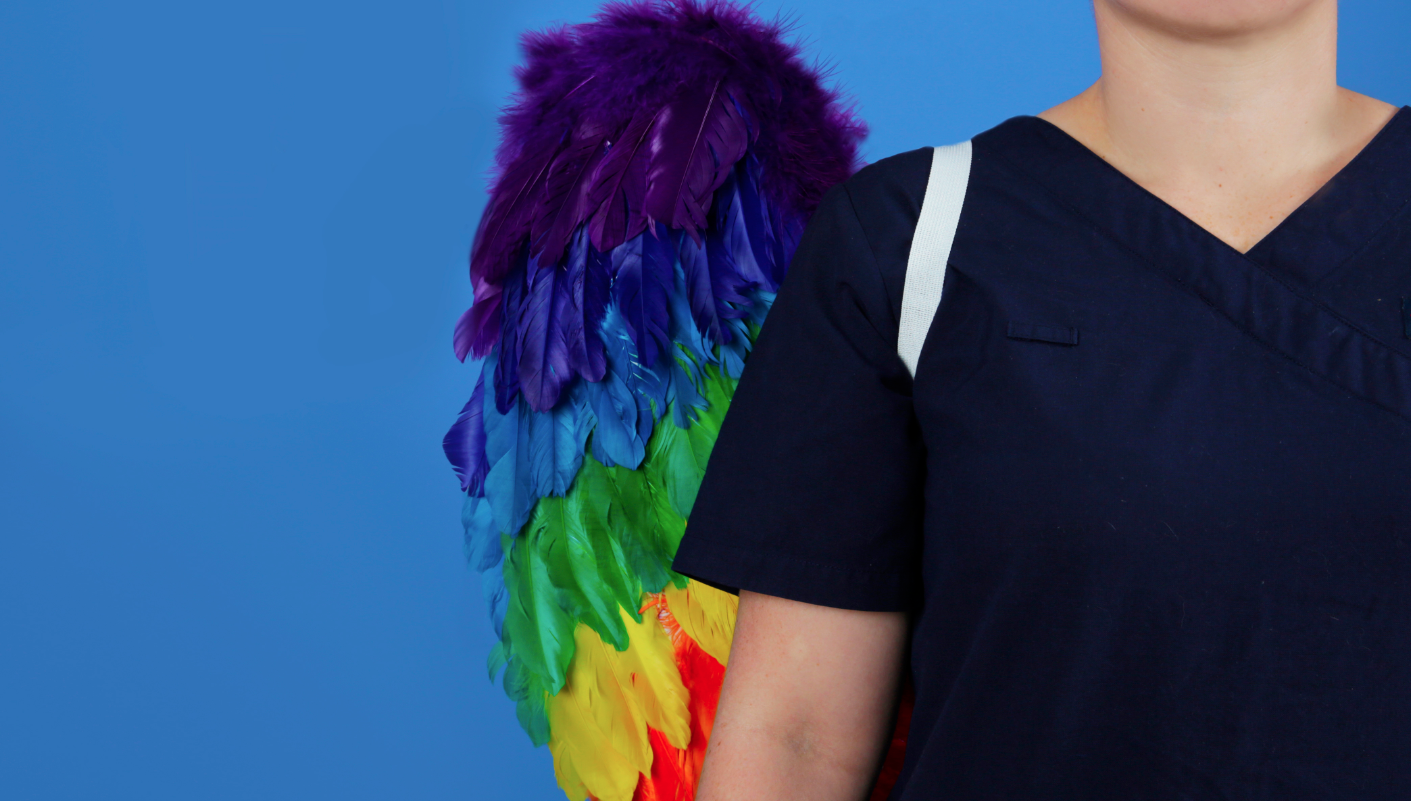
QUEENSLAND Positive People (QPP) is rolling out its new Life+ peer navigation program funded by Queensland Health over the next few months.
QPP president Mark Counter told Star Observer it was the first Australian organisation employing their our own treatment officers to sit with clients and assist with various referrals like alcohol, drug, homelessness or mental health pathways — rather than have these services being delivered by either government services or public health officials.
In addition, clients are matched with peers.
Currently, QPP is developing and recruiting a multi-disciplinary team to collaboratively oversee a suite of integrated services.
Counter told Star Observer that momentum is growing around the world for the inclusion of peer-based services in HIV care.
“In Queensland, we are one of the first to include peer navigation in a program where a newly diagnosed person is now quickly put in touch with another person just diagnosed,” he said.
“The peer navigation program has proved highly successful in San Francisco, Vancouver and London and we’re leading the way in Australia changing the way we deliver services by taking it to the populations rather than making the populations come to the official service providers.”
Counter added that clients could make decisions involving their peers instead of doctors.
“For over 30 years gay men have been educating each other, however its a first in which peers are used as support, assistance and guidance,” he said.
“If someone’s newly-diagnosed, we will provide them immediate access to someone living with HIV for support until they get through their initial diagnosis helping them work out how they want to deal with it.
“We will provide them with a peer they can trust who has already been diagnosed and understands what it is like. Then the client can make un-pressured choices, unlike those choices made under the power dynamic sitting across from a doctor.
“For people newly-diagnosed, trust is a major issue and trusting a doctor may be complicated and even a bit scary, however trusting another positive person who is similar and already been thru that experience helps them through the journey.”
Life+ is based on an early intervention peer navigation model, which improves early treatment uptake by supporting clients in navigating the complex HIV care and treatment environment. The program also incorporates recent advances in treatment and prevention.
Counter said treatment support officers have already been appointed in Cairns, Brisbane, Sunshine Coast and Gold Coast with Townsville coming on board later. The peer navigators who will work with them will be appointed and starting the training programs in the next coming months.
Life+ Program Manager Chris Howard said the new program’s goal is to increase individual health literacy, self-management of both newly diagnosed PLHIV clients, and those re-engaging in care within a highly structured environment of time limited interventions.
Counter said it was a complex program, and QPP was working closely with private general practitioners and developing memorandums of understanding with drug and alcohol services across the state as well as dentists, physiotherapists, social security and the Department of Housing.
QPP looks at whatever the social determinants prevent their clients from making choices in managing their health and help begin treatment (if that’s what they choose). It does not provide a direct service but refer clients to trusted providers from their list and act in a case management capacity ensuring client’s get their life under control with what they need.
Life+ will be operated by professionally trained and supervised PLHIV, known as Peer Navigators, who deliver educational modules in formats such as Brisbane based workshops and also one-on-one support provided throughout Queensland.
“Peer Navigators will become the first line contact for newly diagnosed PLHIV,” Howard said.
“This highly innovative and cost-effective approach will utilise a pool of casual PLHIV staff from geographically diverse regions and different gender, ethnic and cultural backgrounds to provide an initial peer contact to reinforce to new PLHIV that they are not alone.”
A time-limited supervised intervention will then allow the two parties to explore the social, health and emotional issues confronting the new client as well as explore the benefits of early treatment, where appropriate, referrals will be made into other QPP support services.
Peer Navigators offer a tentative safe first step for PLHIV who remain nervous of accessing mainstream care or have confidentiality concerns.
Funding from this grant will support the development of these educational modules, as well as the provision of the comprehensive Peer Navigator training.




